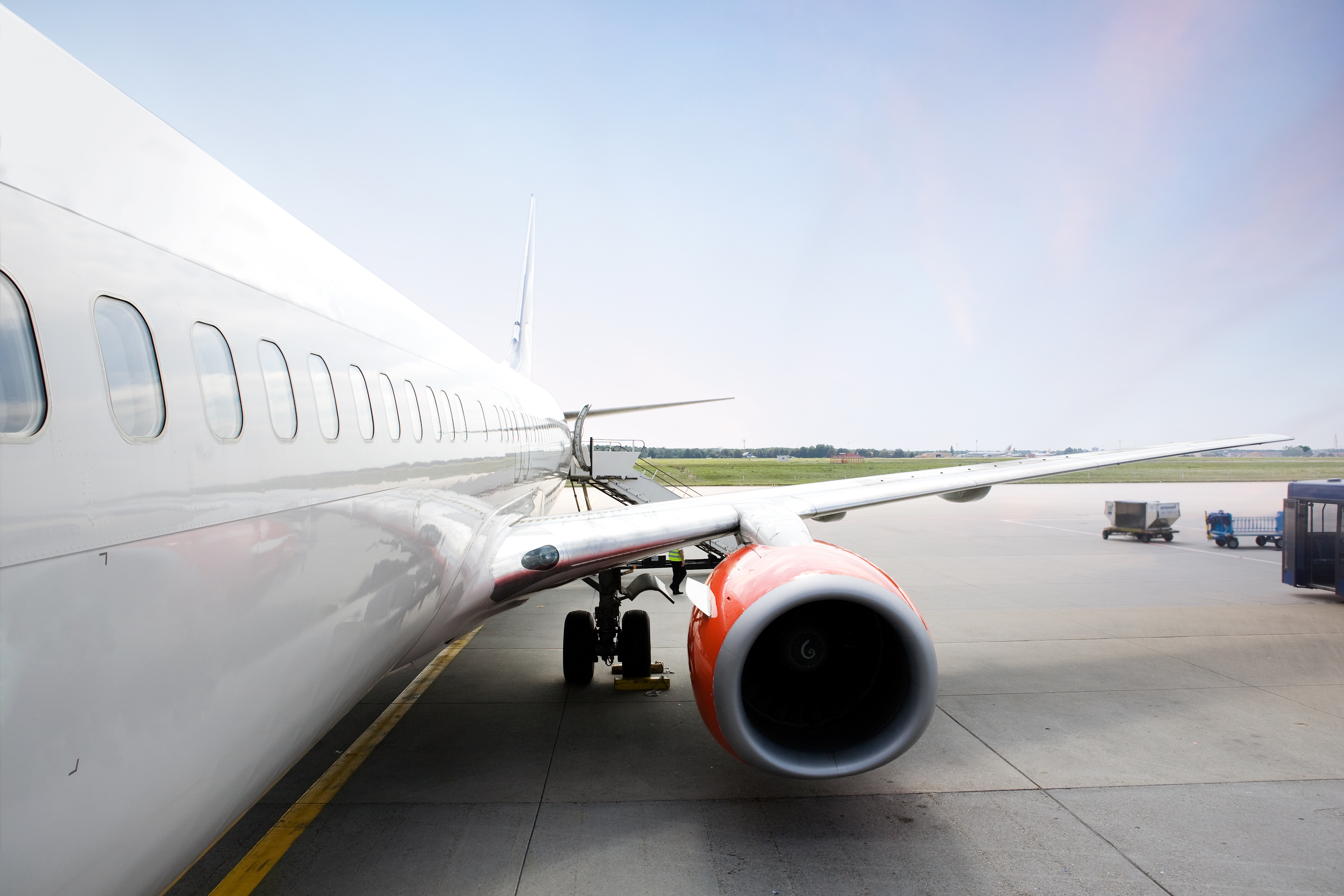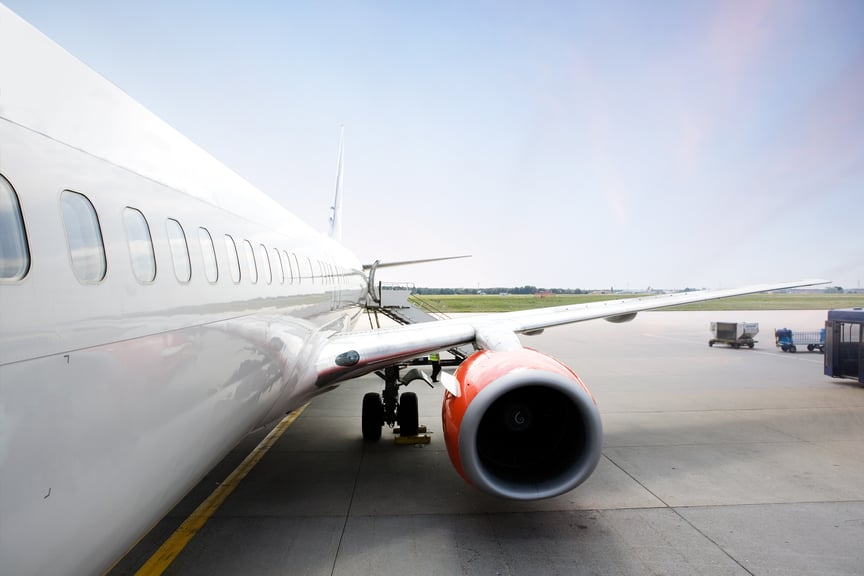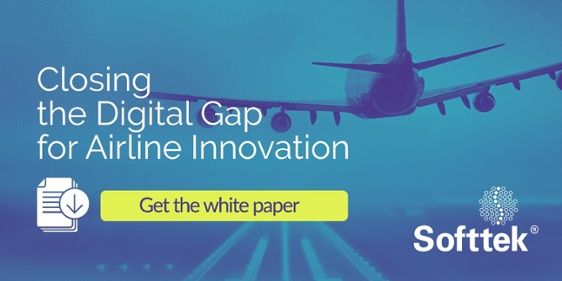Airlines: To Enhance Travel Experience, Focus on Operational Basics


Airline CIOs assessing potential strategies to add business value and enhance competitive advantage have a wide variety of options to choose from. Automation and self-service capabilities that re-book passengers and provide vouchers for meals and lodging when flights are disrupted can dramatically improve the customer experience and build brand loyalty. Insight from analytics on travel preferences can create upselling opportunities and translate into compelling special bonus mile packages. Partnership programs with retailers can target passengers waiting in terminals with tailored product offers. Virtual reality and other entertainment tools can make sitting on a plane something to look forward to.
Compelling as these capabilities may be, their promise rings hollow when a reservation system fails, resulting in major inconvenience to thousands of passengers. A recent report in The Wall Street Journal on aging airline technology infrastructure cited three instances of operational failures among major carriers within a span of a few months that led to the cancellation of almost 5,000 flights. Indeed, the frequency with which airlines experience disruption in basic IT operations suggests that a succesful innovation strategy must ensure that the essential building blocks of platform stability, systems integration and application management are in place.
Enterprises seeking to deploy a customer-focused strategy require an environment characterized by operational excellence – one that leverages data-driven and automation-enabled service management, a talent strategy that ensures the right people and skill sets are deployed as required, and a KPI- and SLA-based approach to continuous improvement of application and infrastructure management.
In many cases, however, innovation efforts are compromised by ad hoc and manual-intensive processes, outdated technology platforms and misaligned skill sets. To close this “digital gap,” carriers need to develop an operational foundation of optimized technology platforms, processes, tools and skill sets. This foundation is essential to integrating back office data to customer-facing applications, and to delivering the gold standard of customer experience – seamlessly rerouting a passenger whose flight has been delayed, ensuring that his luggage arrives where he does, reserving a room for the night if needed and delivering a coupon for a meal.
Yet when it comes to investing in this foundation, evidence suggests that airlines may be putting the cart before the horse. SITA’s Airline IT Trends Survey 2016 reports that IT spend by airlines increased slightly in 2016 to 3 percent of annual revenues – an allocation that some analysts say is relatively small. Moreover, as carriers increase their investment in mobile applications and Internet of Things innovation, executives responsible for capabilities around operational basics may find themselve pressured to deliver more for less.
A new Softtek white paper examines the importance of an optimized operational core for airlines seeking to ensure system availability and on-time performance, accelerate transformation and increase investment in digital innovation. To learn more about how Softtek helps customers in the airline industry strengthen their operational core, visit: https://www.softtek.com/airlines-airports.



